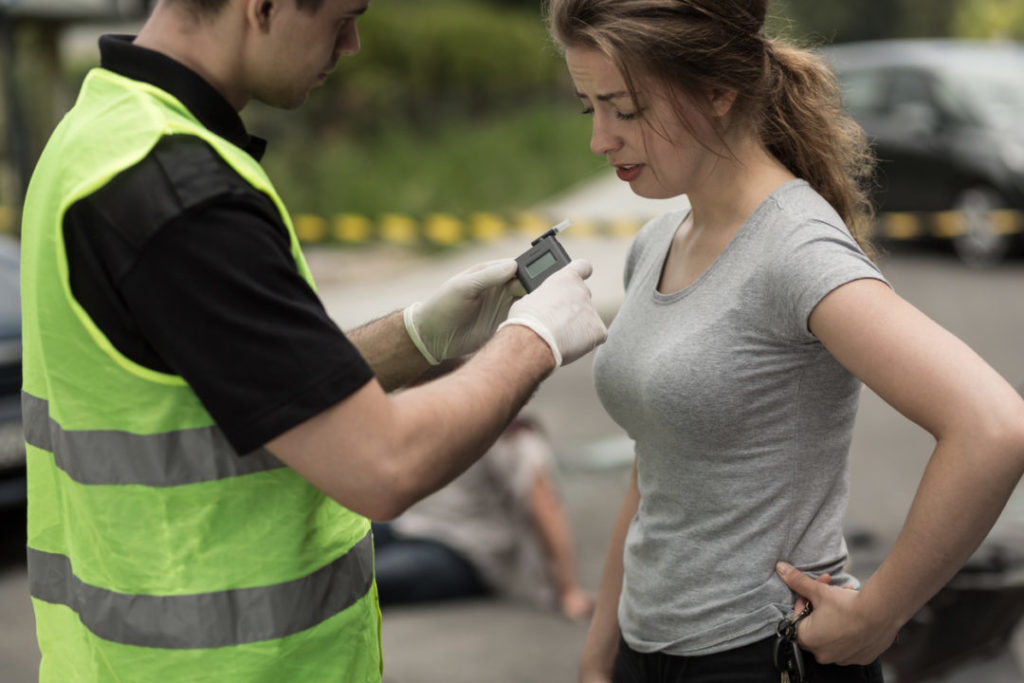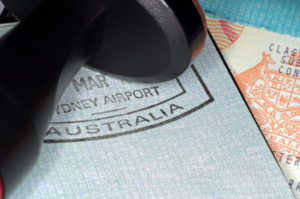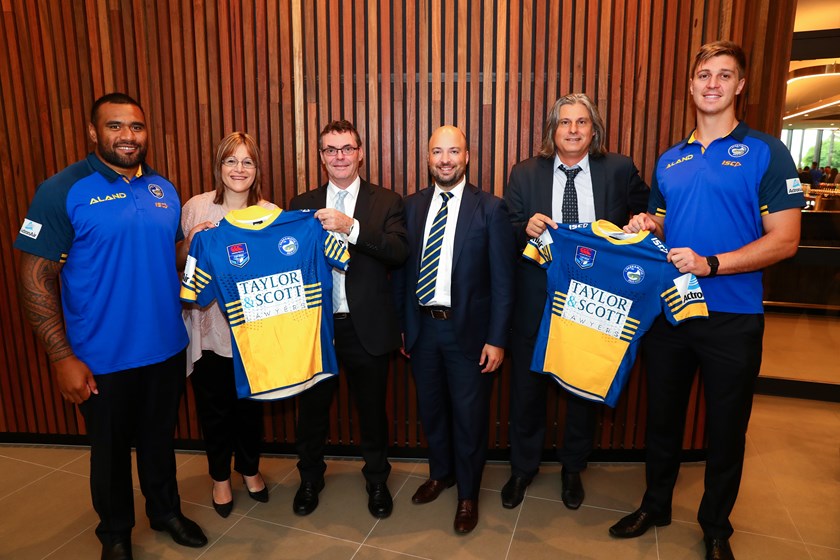
Whether you depend on your car daily to take you to and from work or use it occasionally, the thought of anticipating an accident rarely crosses your mind. Only when you’re caught in an unforeseen accident which may or may not be your fault, do we realise what’s involved with making a motor vehicle accident claim, and how complicated insurance schemes can sometimes be.
Especially if you have been injured in a motor vehicle accident on or after 1 December 2017, you may not be aware of the substantial changes to the Motor Accident Injuries Act 2017 (NSW) (MAIA), that have come into effect in New South Wales.
This new scheme applies to all motor vehicle accidents on and from 1st December 2017.
Read the key points of the new system here to help determine if you have a personal injury claim for compensation. How to go about making a claim and how much you are likely to receive, will depend on whether you have suffered a minor injury or more.
What does “minor injury” mean?
It will first have to be established if your injuries are what’s classified as a “minor injury”. The Act defines a “minor injury”, as:
(a) A soft tissue injury; or
(b) A minor psychological or psychiatric injury.
A soft tissue injury is an injury to the muscles, tendons, ligaments, cartilage, fibrous tissue, fat, blood vessels and synovial membranes. This does not include an injury to nerves or a complete or partial rupture of tendons, ligaments, meniscus or cartilage.
A minor psychological injury is defined as a psychological or psychiatric injury that is not a recognised psychiatric illness.
If the insurer decides that you have sustained a “minor injury” and you strongly disagree, don’t hesitate in contacting the Taylor & Scott lawyers specialising in Motor Vehicle Accidents, for further advice and assistance.
If you have an injury other than a “minor injury” you are entitled to claim further compensation including:
(a) Medical expenses and commercial care for life.
(b) Weekly payments for up to five years.
(c) Making a claim for common law damages.
Being in an accident can be a traumatising and painful experience. But failing to make a claim in a timely manner could affect your claim. Taylor & Scott recommends taking the following steps immediately following a motor vehicle accident:
- Make sure that the accident is reported to the Police within 28 days.
- Consult a doctor and obtain a medical certificate.
- Contact the greenslip insurer of the vehicle at fault. Provide all details of the accident to that greenslip insurer who will be able to take your claim over the phone. If unsure, you can find out the CTP insurer of the vehicle that caused the accident. The Claims Advisory Service (1300 656 919) can give you the name of a vehicle’s CTP insurer if you tell them the registration number.
- You should complete the Personal Injury Claim form and return it to the CTP insurer of the vehicle that caused the accident as soon as possible and no later than six months from the date of the accident.
- If your injuries are minor or the accident was your fault, you may be able to receive statutory benefits including loss of wages and medical expenses for up to six months.
- If your injuries are not minor and the accident was not your fault, you may be able to receive statutory benefits for up to 2 years.
Modifications to common law benefits
Under the Act, a common law damages claim will now only be available for specified categories of economic and non-economic losses and only for those sustaining something other than a “minor injury”.
The definition of economic loss clearly excludes medical treatment and care expenses. This means that such expenses can no longer form part of a damages claim.
Gratuitous care is no longer even claimable as part of the statutory benefit claim. There are also very severe restrictions placed on statutory benefit claims for paid domestic services required for a claimant’s dependants.
What a lot of people don’t realise is that unless you are assessed to have suffered at least 11% whole person impairment (WPI) you are not entitled to any amount for pain and suffering; no matter what you have been through since the accident. Getting you over the threshold for pain and suffering is where Taylor & Scott lawyers can help you.
Were you injured in a motor vehicle accident before 30th November 2017?
Old laws apply to people injured before the new CTP Scheme commenced on 1st December
2017, so don’t miss out on compensation.
Taylor & Scott’s Offer to You
If you are injured in a motor vehicle accident, either as a driver, passenger or pedestrian, our team of dedicated experts in motor accident personal injury claims are here to help. If we act for you we will do so on a no-win/no-pay basis, meaning you don’t pay Taylor & Scott any costs whatsoever unless and until you win your case.
Taylor & Scott will do everything we can to ensure you receive maximum compensation for the injuries you have suffered.
Need help with a claim? Arrange an appointment using our online contact form or call 1800 600 664.
At Taylor and Scott, We Care For You.




